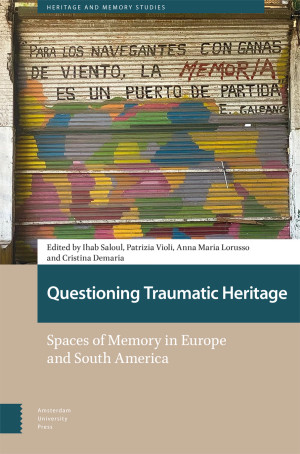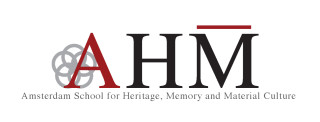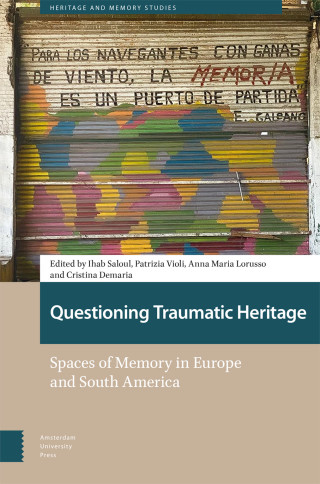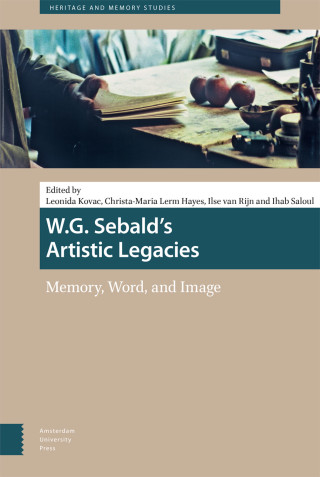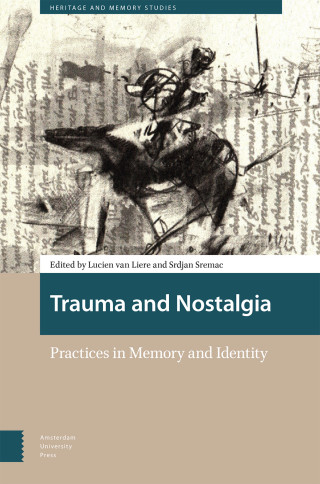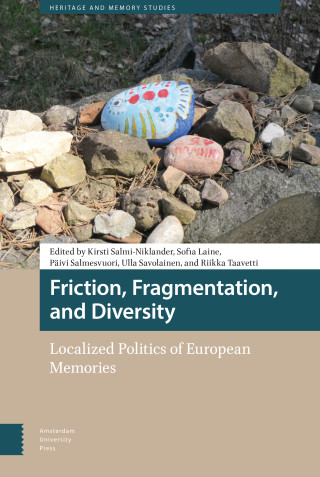Ihab Saloul
Ihab Saloul is Professor of Heritage, Memory and Narrative, founder and Academic Director of the Amsterdam School for Heritage, Memory and Material Culture (AHM), University of Amsterdam. His interests include heritage and memory studies, cultural studies, narrative theory and semiotics, postcolonialism, aesthetics, and diaspora and exile in contemporary cultural thought in Europe and beyond. His latest publications include W.G. Sebald’s Artistic Legacies: Memory, Word and Image (2023), and Diasporic Heritage and Identity (2023).

